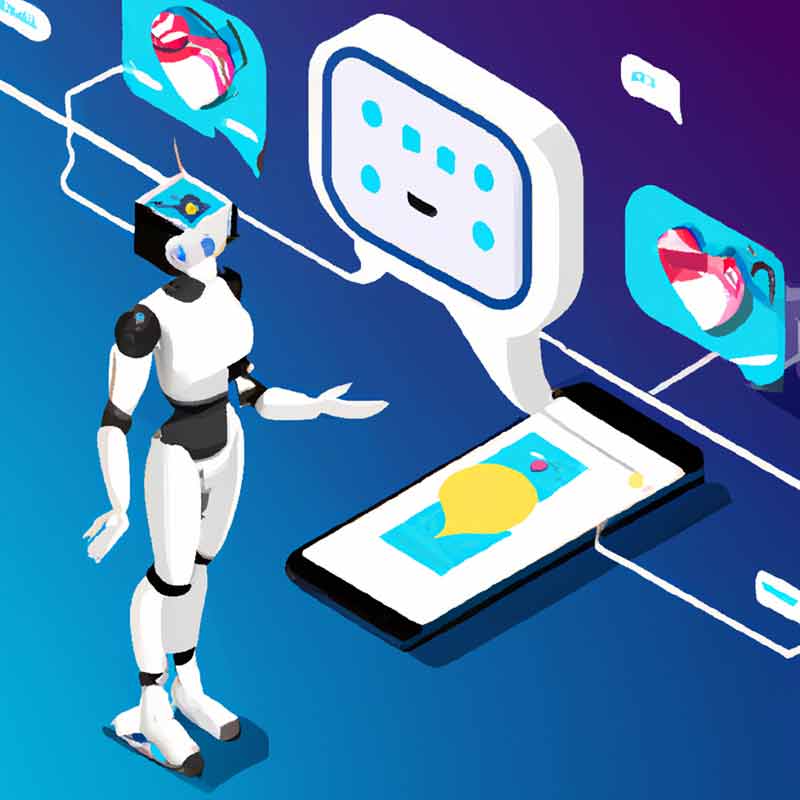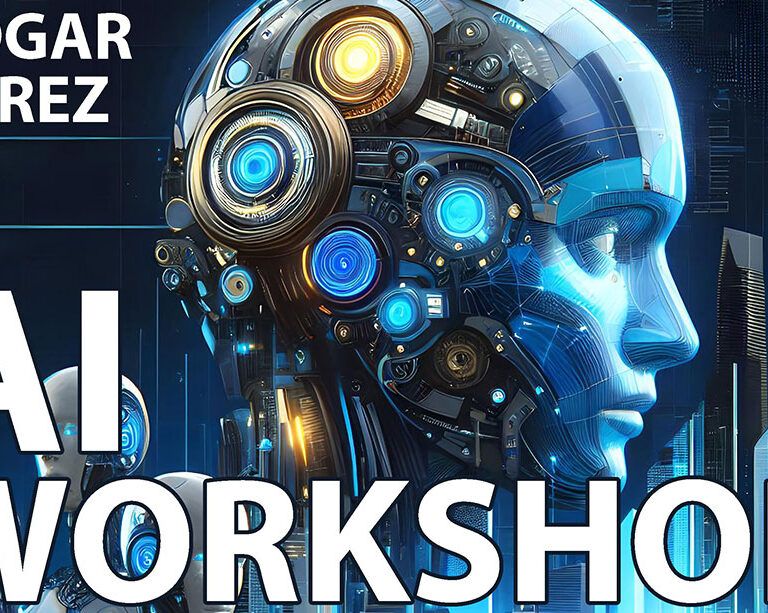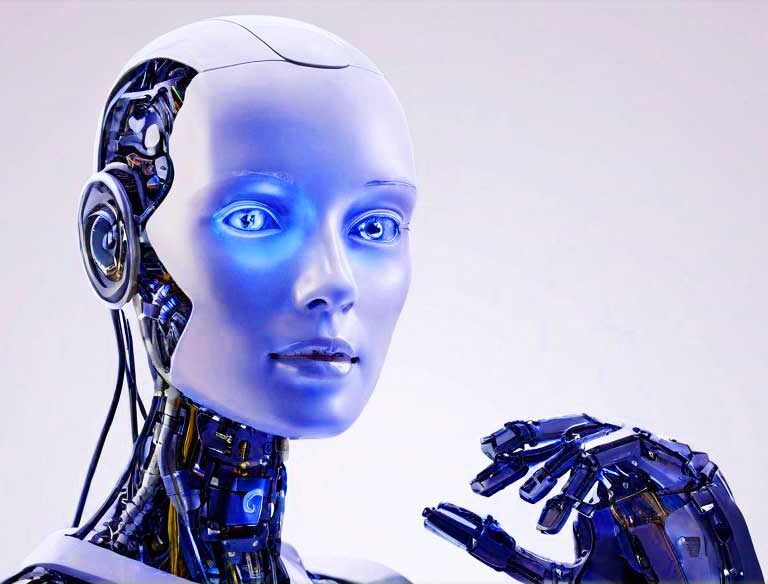Artificial intelligence (AI) has become a ubiquitous term, woven into the fabric of our daily lives. From the moment you unlock your smartphone with facial recognition to the personalized recommendations on your favorite streaming service, AI is silently working behind the scenes.
The questions comes almost immediately: What exactly is AI, and how is it transforming our world?
 AI 101: Beyond Science Fiction
AI 101: Beyond Science Fiction
AI, at its core, is the field of computer science dedicated to building intelligent machines. These machines aren’t the sentient robots of science fiction, but rather systems programmed to perform tasks typically requiring human intelligence. This “intelligence” manifests in various ways, including perception, reasoning, learning, decision-making, and even communication.
The impact of AI stretches far and wide, influencing everything from business and entertainment to healthcare and education. Businesses are leveraging AI to streamline processes, optimize customer service, and make data-driven decisions. Healthcare is witnessing advancements in disease diagnosis, drug discovery, and personalized medicine, all thanks to AI. The field of education is also undergoing a revolution. AI-powered tutors and personalized learning platforms cater now to individual student needs, bringing incredibly excellent news for parents like me.
Machine Learning: The Engine of AI Progress
One of the key drivers of AI advancements is machine learning (ML). Machine learning essentially involves creating and using computational models that learn from data and improve over time. Think of it this way: the more data a model is exposed to, the better it becomes at identifying patterns and making predictions, up to a certain point. This ability to learn and adapt is what sets machine learning apart from traditional programming.
The rise of ML can be attributed to several factors. Firstly, advancements in computing power have allowed for the creation of more complex models that can process massive amounts of data. Secondly, the explosion of data availability, from social media posts to sensor readings, has provided the raw material for these models to learn from. You might have heard that Grok has access to X’s data. Finally, breakthroughs in algorithms, especially deep learning, have further boosted the capabilities of machine learning.
 Deep Learning: Diving Deeper into the AI Landscape
Deep Learning: Diving Deeper into the AI Landscape
Deep learning, a subfield of machine learning, is at the forefront of AI innovation. Inspired by the structure and function of the human brain, deep learning models are comprised of artificial neural networks with multiple layers. These layers work together to extract increasingly complex features from data, enabling them to excel in tasks like natural language processing, computer vision, and speech recognition.
The applications of deep learning are vast and constantly expanding. For instance, self-driving cars rely on deep learning models to navigate the environment, recognize obstacles, and make real-time decisions. Recommendation systems, present on your favorite online shopping platforms, leverage deep learning to personalize your shopping experience.
AI: A Journey Without a Destination
AI is not a stagnant field. It’s a constantly evolving landscape, fueled by continuous research and development. One of the most exciting recent advancements is OpenAI‘s Generative Pre-trained Transformer 4 (GPT-4), a prime example of generative AI. This powerful natural language model can generate human-quality text, answer your questions, write different kinds of creative content, and even translate languages. Its capabilities are mind-boggling, and it serves as a testament to the rapid progress being made in AI.
The Future of AI: Opportunities and Challenges
As AI continues to evolve, it’s crucial to address the challenges that come hand-in-hand with its progress. Ethical considerations around bias in AI algorithms, data privacy concerns as AI systems collect vast amounts of information, and the potential job displacement brought about by automation are critical issues that need to be addressed.
However, the potential benefits of AI far outweigh the challenges. AI has the potential to revolutionize how we live, work, and interact with the world around us. From climate change mitigation to personalized healthcare, AI can be a powerful tool for positive change.
 Are You Ready to Leverage the Power of AI?
Are You Ready to Leverage the Power of AI?
As a business leader, understanding the current state and future directions of AI is critical to staying ahead of the curve. My ARTIFICIAL INTELLIGENCE WORKSHOP FOR THE 21ST CENTURY is designed to equip you with the knowledge and tools necessary to leverage the power of AI for your organization’s success.
In this interactive workshop, you’ll gain a comprehensive understanding of key AI concepts like machine learning and deep learning. You’ll explore real-world applications of AI across various industries and delve into the ethical considerations surrounding this powerful technology. Most importantly, you’ll learn how to identify and implement AI solutions that can optimize your business processes, enhance customer experiences, and drive innovation.
Join me on this extraordinaire journey into the future, in Beijing, San Francisco, Helsinki, Munich, Las Vegas, Dubai, Hong Kong, Singapore, Abu Dhabi, New York City, London, Riyadh, Doha, Austin and Vancouver. Together, let’s explore the transformative potential of AI and unlock its power to propel your organization towards success.








